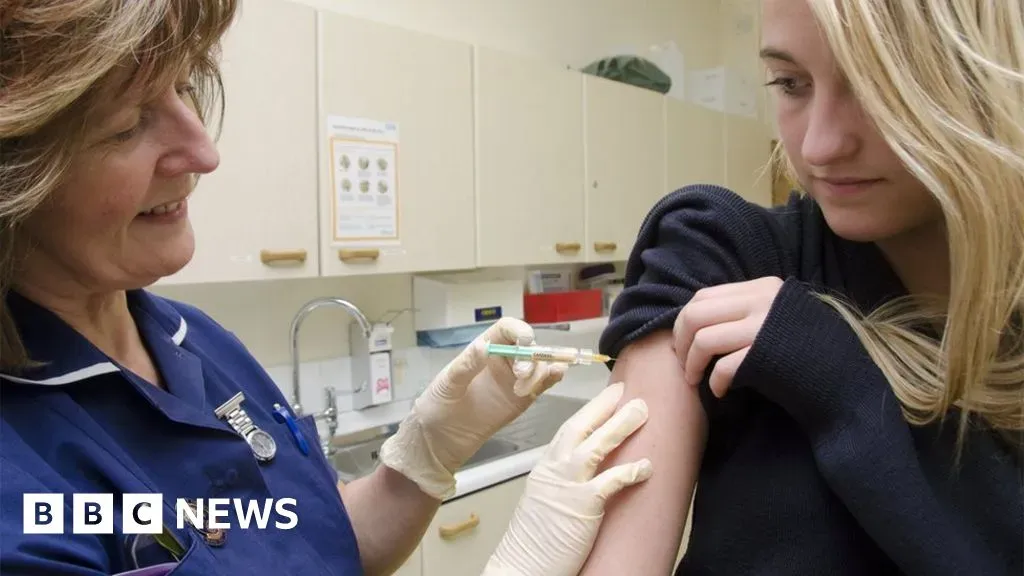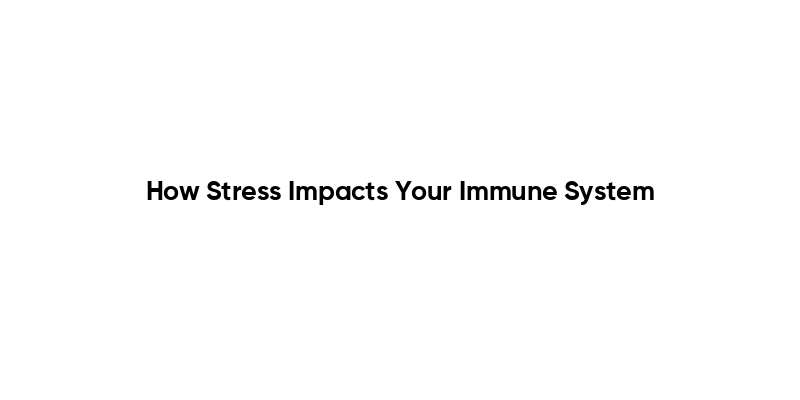The NHS has announced a groundbreaking advancement in cancer care with the introduction of the new cancer super jab, designed to effectively fight 15 different types of the disease. This innovative immunotherapy jab, rooted in the promising nivolumab treatment, allows patients to receive their cancer therapy in under five minutes, a significant reduction from the lengthy hour-long IV drip currently required. This cancer breakthrough is poised to revolutionize how we think about cancer treatment, offering patients not only speedier access but also optimizing hospital resources. As more individuals benefit from this fast cancer treatment, experts believe we are entering a new era in combating various cancers, particularly skin and bowel cancers that have been on the rise. The NHS’s commitment to providing rapid and effective solutions for cancer treatment underscores a pivotal moment in healthcare, promising to transform the lives of thousands suffering from this disease.
In an exciting shift in oncology, the NHS is rolling out a rapid-administering cancer vaccine that could change the standard approach to treating malignancies. This innovative jab, commonly referred to as an immunotherapy solution, is making waves in the medical community for its ability to combat multiple cancer types efficiently. Previously, patients spent significant time receiving treatments through intravenous methods, but this new method significantly alleviates the burden of long sessions in treatment chairs. Terminology such as “fast cancer therapy” and “cancer-fighting injectables” are becoming more prevalent as practitioners and patients prepare for the enhanced convenience and effectiveness these treatments promise. The potential impact of this rapid cancer treatment on patient care and overall survival rates cannot be overstated.
Introduction to the NHS Cancer Super Jab
The NHS has recently unveiled a groundbreaking treatment known as the cancer super jab, a major advancement in the fight against various types of cancer. This innovative immunotherapy jab aims to treat up to 15 different cancer types with remarkable efficiency. In just under five minutes, patients can receive their treatment, significantly reducing the time they spend in hospital compared to traditional intravenous methods that often took an hour or more. Experts believe this swift administration could transform patient experiences and outcomes, making cancer therapy more accessible and less daunting.
The launch of the cancer super jab marks a significant milestone for NHS cancer treatment protocols, greatly optimizing the administration of nivolumab, a monoclonal antibody that is changing the landscape of cancer care. Patients will no longer endure long hours attached to IV drips; instead, they can receive effective treatment rapidly, improving both their physical and emotional well-being during what is often a challenging time. This development not only promises to enhance treatment satisfaction levels but also aims to alleviate the stress on healthcare facilities strained by the high demand for cancer care.
How the Cancer Super Jab Works
The cancer super jab works by harnessing the power of the body’s immune system to combat cancer cells effectively. Nivolumab, the key component of the jab, targets and binds to the PD-1 protein found on immune T-cells, blocking cancer cells from deactivating these critical immune cells. This allows the immune system to recognize and eliminate cancer cells more efficiently. As a result, patients benefit from a robust defense mechanism being activated against various cancer types, including skin, bowel, and lung cancers.
The jab’s quick administration has been supported by promising clinical trials, where patients experienced comparable levels of the active drug in their system as with traditional IV infusions, alongside similar side effects. This not only confirms the jab’s efficacy but also its safety, making it an easy choice for patients who previously faced numerous barriers due to lengthy treatment times. With its potential to treat a broad spectrum of cancers, the cancer super jab is heralded as a game changer in the NHS’s ongoing battle against cancer.
The Impact of Fast Cancer Treatment
Fast cancer treatment is crucial in today’s healthcare landscape, particularly with the increasing incidence of various cancer types. The NHS’s new cancer super jab is designed not only for speed but also for efficiency, potentially saving patients from lengthy and costly treatments. With around 1,200 patients projected to benefit monthly, this initiative represents a shift towards prompt care, which is essential in improving survival rates and enhancing quality of life.
Moreover, faster treatments can significantly reduce pressure on hospital resources, allowing staff to focus on more patients and other critical medical services. This will create a better environment within healthcare facilities and enable oncologists to allocate their expertise where it’s needed most. The introduction of the cancer super jab aligns with the NHS’s commitment to keeping pace with cancer breakthroughs and ensuring patients have access to the latest innovations in immunotherapy.
A New Era in Cancer Therapies
The announcement of the cancer super jab signals the dawn of a new era in cancer therapies, marking an innovative step forward in how the NHS addresses oncology care. As immunotherapy continues to develop at a rapid pace, treatments like nivolumab are becoming more refined, prioritizing patient convenience without compromising efficacy. This advancement exemplifies how the NHS is striving to provide pioneering cancer treatments, ensuring that patients are not only retaining access to life-saving therapies but are also experiencing comfort and efficiency during their visits.
Moreover, evolving technologies and medical inventions like the super jab enable practitioners to stay ahead of the curve in cancer treatment approaches. By focusing on developing faster and safer methods of administering these impactful drugs, the healthcare system can fundamentally enhance patient outcomes while fostering numerous other healthcare advancements. Such innovations are significant in combating the alarming rise in cancer cases, particularly among under-50s, by providing timely, effective treatment solutions.
Patient Experiences with Immunotherapy
Patient experiences with immunotherapy have evolved dramatically, primarily due to advancements like the cancer super jab. Many patients have reported feeling relieved and empowered by the rapid treatment method that this jab offers. Traditionally, chemotherapy and similar treatments could be both time-consuming and physically demanding; however, the introduction of such quick-acting immunotherapy jabs changes that narrative, encouraging patients to remain hopeful while undergoing their therapy.
In clinical trials, nivolumab has been met with high satisfaction rates from patients, mainly due to the reduced time required for administration and the comparable effectiveness to traditional IV treatments. As the NHS rolls out these innovations, the expected positive feedback will likely influence more individuals facing a cancer diagnosis to seek out the treatments available today. Enhanced patient experiences not only improve morale but can also lead to better adherence to treatment regimens, ultimately supporting higher recovery rates.
Potential Future Innovations in Cancer Treatment
The launch of the cancer super jab is only the beginning of potential future innovations in cancer treatment. Ongoing research focuses on developing even more advanced immunotherapies and personalized treatment plans that cater to the unique genetic makeup of each patient’s cancer. As scientists delve deeper into the complexities of various cancers, the possibility of tailored treatment regimens becomes increasingly viable, promising to revolutionize how we approach cancer care entirely.
Looking ahead, the integration of artificial intelligence and machine learning could enhance diagnostic capabilities and treatment planning further. For instance, the recent blood tests developed using AI demonstrate the exciting possibilities of early detection and preventive care for common cancers. As the healthcare landscape evolves, embracing cutting-edge technologies will be pivotal in developing more efficient treatment options, ultimately aiming to reduce cancer mortality rates and improve patient prognosis.
Government Support for Cancer Innovations
Government support plays an integral role in the development and distribution of innovative cancer treatments such as the cancer super jab. Funding and resources allocated towards research and advancements in the NHS are crucial in ensuring that patients receive the latest therapies available. Officials continually emphasize the importance of prioritizing new technologies in the medical field, ensuring a continuous stream of innovations that address the urgent needs of cancer patients.
Every governmental commitment to facilitating rapid access to life-saving treatments underscores the dedication to improving healthcare outcomes across the nation. By championing initiatives like the cancer super jab, the government sets a precedent for future cancer innovations, thereby fostering an environment where cutting-edge treatments become the new norm. Patients in England will benefit greatly from the recognition of the urgent need for advancements in cancer care, especially as incidences rise among younger populations.
Frequently Asked Questions
What is the NHS cancer super jab and how does it work?
The NHS cancer super jab is a breakthrough immunotherapy treatment, specifically nivolumab, which can effectively combat 15 different types of cancer. The super jab administers the treatment in under five minutes, allowing patients to receive care more quickly compared to traditional IV methods that can take up to an hour. This innovative delivery system utilizes a monoclonal antibody that blocks cancer cells from deactivating T-cells, thus enhancing the immune response against cancer.
How does the immunotherapy jab compare to traditional NHS cancer treatments?
The cancer super jab represents a significant advancement over traditional NHS cancer treatments, as it allows for faster administration of nivolumab, taking only three to five minutes. In contrast, conventional IV treatments require much longer sessions, which can lead to increased wait times for patients. This new method not only improves patient convenience but also helps to optimize NHS resources and clinician time.
What types of cancer can the cancer super jab treat?
The cancer super jab is designed to treat 15 different types of cancer, including skin cancer, bowel cancer, lung cancer, kidney cancer, bladder cancer, and others. Its wide-ranging applicability emphasizes the jab’s importance as a versatile option in the evolving landscape of cancer treatment.
What has improved in the administration of cancer treatment with the new jab?
The major improvement with the cancer super jab is the drastic reduction in administration time. Patients can now receive their immunotherapy treatments in just five minutes, compared to past methods where treatments could take an hour. This enhancement facilitates quicker patient turnover and allows health professionals to devote more time to other critical areas of patient care.
What impact will the cancer breakthrough have on NHS resources?
The launch of the cancer super jab is expected to save valuable clinician hours each year by streamlining the administration of immunotherapy. With the jab’s swift delivery, thousands of NHS patients can be treated more efficiently, ultimately maximizing hospital capacity and allowing for greater numbers of patients to receive timely cancer care.
Will using the super jab incur additional costs for the NHS?
No, the administration of the cancer super jab will not incur additional costs for the NHS. A deal with the manufacturer, Bristol Myers Squibb, ensures that patients will benefit from this innovative treatment without added financial burden to NHS resources, making it accessible to those in need.
What has been the patient response to the immunotherapy jab during clinical trials?
Clinical trials for the cancer super jab have reported high patient satisfaction levels. Participants noted that the under-the-skin injection, which takes only a few minutes to administer, provides a comparable effect to traditional IV nivolumab treatments, both in terms of drug absorption and side effect profiles.
How is the cancer super jab contributing to the fight against increasing cancer diagnoses?
The introduction of the cancer super jab is a crucial response to the rising incidences of cancers, particularly among those under 50. By offering a fast and effective immunotherapy option, the NHS aims to enhance patient outcomes and address the urgent need for innovative treatments amidst increasing cancer diagnoses.
| Aspect | Details |
|---|---|
| Introduction of Cancer Super Jab | NHS launches a 5-minute immunotherapy treatment for 15 cancer types. |
| Key Benefits | Treatment time reduced from 1 hour to under 5 minutes, saving up to one year of treatment time for patients. |
| Eligible Cancers | Includes skin, bowel, stomach, kidney, bladder, lung, head and neck, and oesophagus cancers. |
| Immunotherapy Mechanism | Nivolumab blocks PD-1 protein, enhancing immune response against cancer cells. |
| Patient Eligibility | Approximately 1,200 patients monthly in England; two in five patients receiving current IV treatment will qualify. |
| Regulatory Approval | Approved by MHRA; clinical trials showed high patient satisfaction with the injection method. |
| Impact on NHS | Increased hospital capacity; allows more efficient use of clinician time. |
| Future Developments | Connects to other advancements like rapid blood tests for cancer detection. |
Summary
The launch of the cancer super jab is a groundbreaking development in cancer treatment that promises to revolutionize patient care. This innovative injection, which can treat 15 different types of cancer, drastically reduces the time needed for administration, allowing patients to complete their immunotherapy in just five minutes. As a result, the cancer super jab not only enhances patient experience but also optimizes NHS resource management, making it an essential advancement in the fight against cancer. With rising cancer rates among younger populations, this jab represents a crucial step towards improving outcomes and expediting treatment for those affected.



